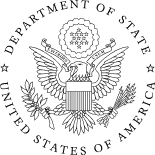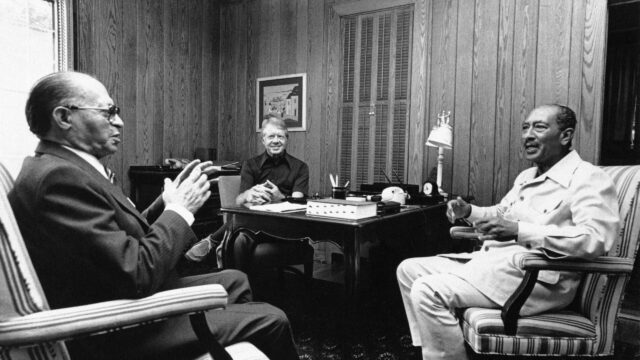Spotlight on Diplomacy
Camp David: Presidential Retreat and International Meeting Site
The creation of Israel in 1948 was followed by three decades of instability in the Middle East. In September 1978, President Jimmy Carter invited Egypt’s president and Israel’s prime minister to the United States for peace negotiations.



